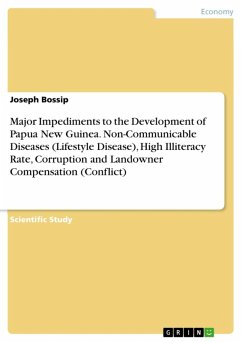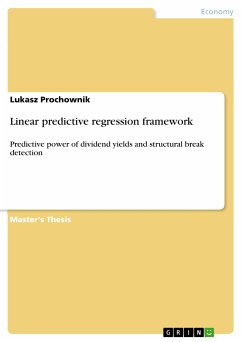Seminar paper from the year 2004 in the subject Economics - Finance, grade: 1,0 (A), Technical University of Darmstadt (Institute for Finance and Economic Policy), language: English, abstract: Traditional pension systems continue facing major problems regarding their sustainability. Significant demographic changes in modern societies and antiquated attributes of pension systems result in increasing deficits in public budgets. Various proposals, trying to reform traditional pension systems via conservative reforms, failed to fix the emerging problems. This paper explores substantial opportunities to reform persisting pension systems structurally. By considering different theoretical approaches of reforms and actual implementations of structural pension reforms in practice, advantageous alternatives of designing pension schemes shall be assessed. Furthermore, the authors aim at stimulating discussions about structural pension reforms by introducing a profound reform proposal. Numerous debates and ideas, concerning the pensions system and its reforms, have arisen during the last ten to 20 years all over the world. Moreover, in 1994, the World Bank published a book "Averting the Old Age Crisis: Policies to Protect the Old and Promote Growth". The diagnosis of this book, summarized by Michael Bruno, was that "systems providing financial security for the old are under increasing strain throughout the world"1. "As long as the number of retirees does not grow faster than total earnings of employees [in the current system], the tax receipts can continue to pay the benefits of retirees"2. But because of important changes in the demographic situation and mis-constructions in present systems, this condition does not hold true anymore: first, the birth rate in most countries of the Organization for Economic Co-operation and Development (OECD) decreases continuously. Thus the number of young employees decreases, too. Second, the people, born in the time of the baby boom (after World War II, the so-called "baby boomers"), will retire during the next decade. Additionally, due to the progress in medicine and high living standards, longevity increases. According to a prediction of the World Bank (1998), the portion of people over 60 in OECD-countries will rise from 19.9% in 2000 to 31.2% in 2050. Almost a tripling from 7.3% to 20.7% is expected in Asia within this period3. [...] 1 See Fox/Palmer "New Approaches to Multipillar Pension Systems: What in the World is Going On?", page 90 2 See Gruber and Wise, "Different Approaches to Pension Reform from an Economic Point of View, page 50 3 See Fox and Palmer, table 3.2
Dieser Download kann aus rechtlichen Gründen nur mit Rechnungsadresse in A, B, BG, CY, CZ, D, DK, EW, E, FIN, F, GR, HR, H, IRL, I, LT, L, LR, M, NL, PL, P, R, S, SLO, SK ausgeliefert werden.









